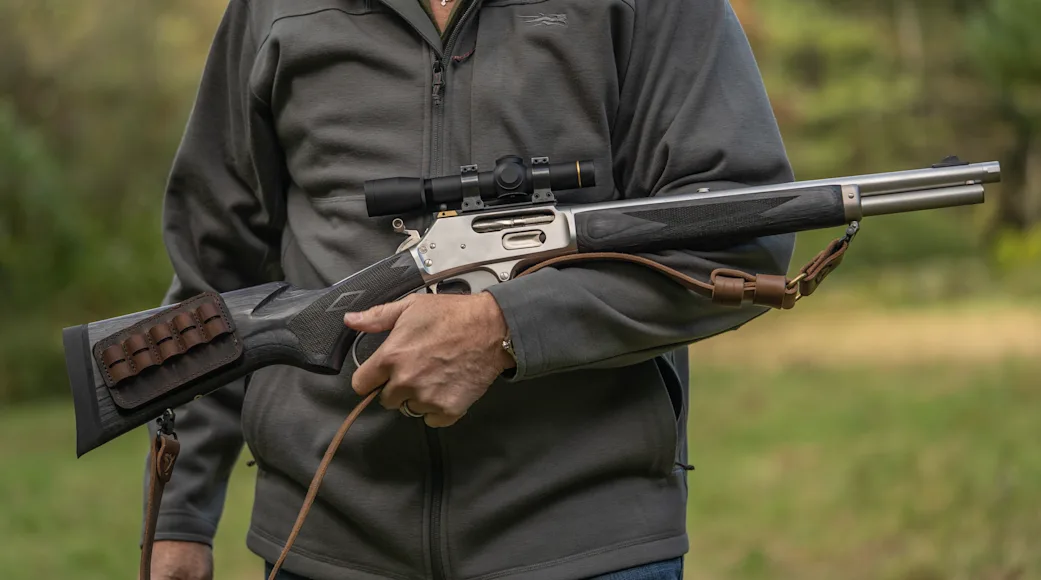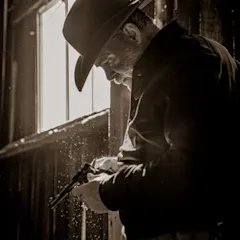Hunters and shooter often use the words "strap" and "sling" and think of the two devices as being interchangeable. But a carry strap and a shooting sling are not the same things. The former provides comfortable transport for your rifle, and that's all it does. The later does that too but it also can be used as a shooting aid.
Just because a manufacturer advertises a carry strap as a “sling,” does not make it a shooting sling. Understanding the differences between a carry strap and a shooting sling is one thing, how to use either, with various carry positions or to stabilize your shooting platform, is another. For now, I’m going to explain the differences in these two accessories so that you can decide which one is best for your rifle (or one of your rifles) and the way you hunt with it.
The Carry Strap

A carry strap for a rifle is much like a holster for a handgun. It provides you a way to transport the rifle on your person while keeping your hands free to manage binoculars, a rangefinder, a walking stick, or to allow you to drag a deer out of the woods with both hands. Carry straps are not designed to help you shoot better, only to help you carry your rifle, most often using either the American, African, or European carry techniques.
Some carry straps like the Montana sling or the Galco Tapered Rifle Sling are just a simple leather straps. Others, like Quake’s The Claw Slimline strap, are made of webbing with a rubber pad. Leather straps give you that traditional look, but they generally do not keep a rifle on your shoulder as well as the web straps that have a tacky rubber pad. One of the most comfortable carry straps for a rifle is the Vero Vellini Premium Rifle Sling which is made from a combination of webbing and cushioned neoprene. Not only will it hold a rifle on your shoulder very well, its cushiony and stretchy, which makes it very comfortable. Vero Vellini even makes a double strap version that lets you wear your rifle like a backpack.
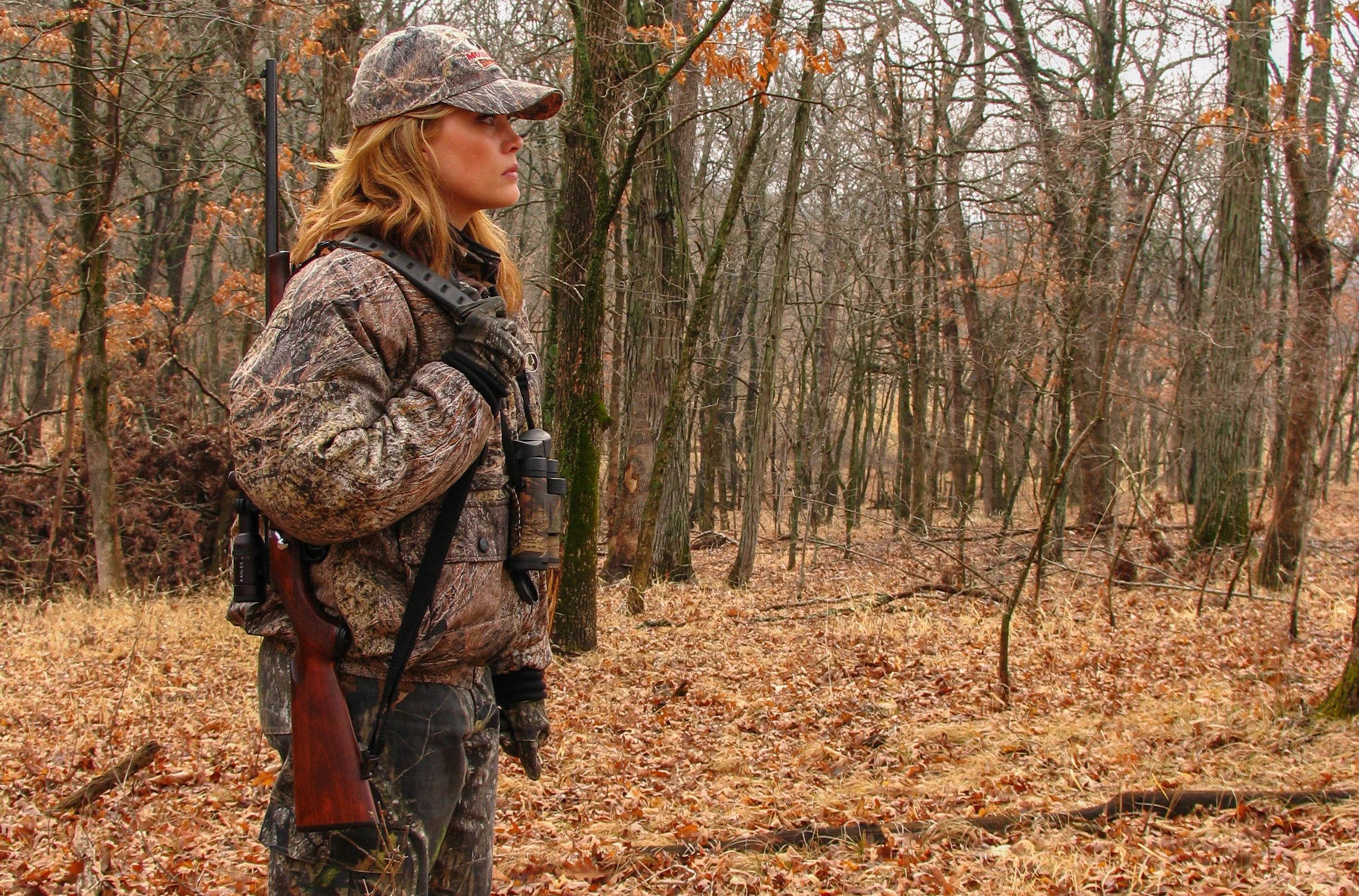
For hunters who spend a lot of time walking, a carry strap is a good idea. Some hunters keep a carry strap with them but only use it when they’re walking and not really hunting, like when heading in and out of the woods in the dark, or after the kill. This is because some hunters smartly keep their rifles in their hands when they expect they might have to take a shot. This is not a bad idea because a strap swaying underneath your rifle as you try to shoot can make a steady hold difficult. Because of this, some shooters collect the strap or sling between their support hand and the rifle if they must make a shot.
Other hunters will wrap their support arm around the carry strap—trying to turn it into a shooting sling—to keep it from flopping around as they try to shoot. Some believe this can also help provide additional support for the shot, but the additional support gained from this technique is mostly imagined or very minimal if any at all. A carry strap that can help steady your shooting platform is not really a carry strap; it’s a shooting sling.
The Shooting Sling
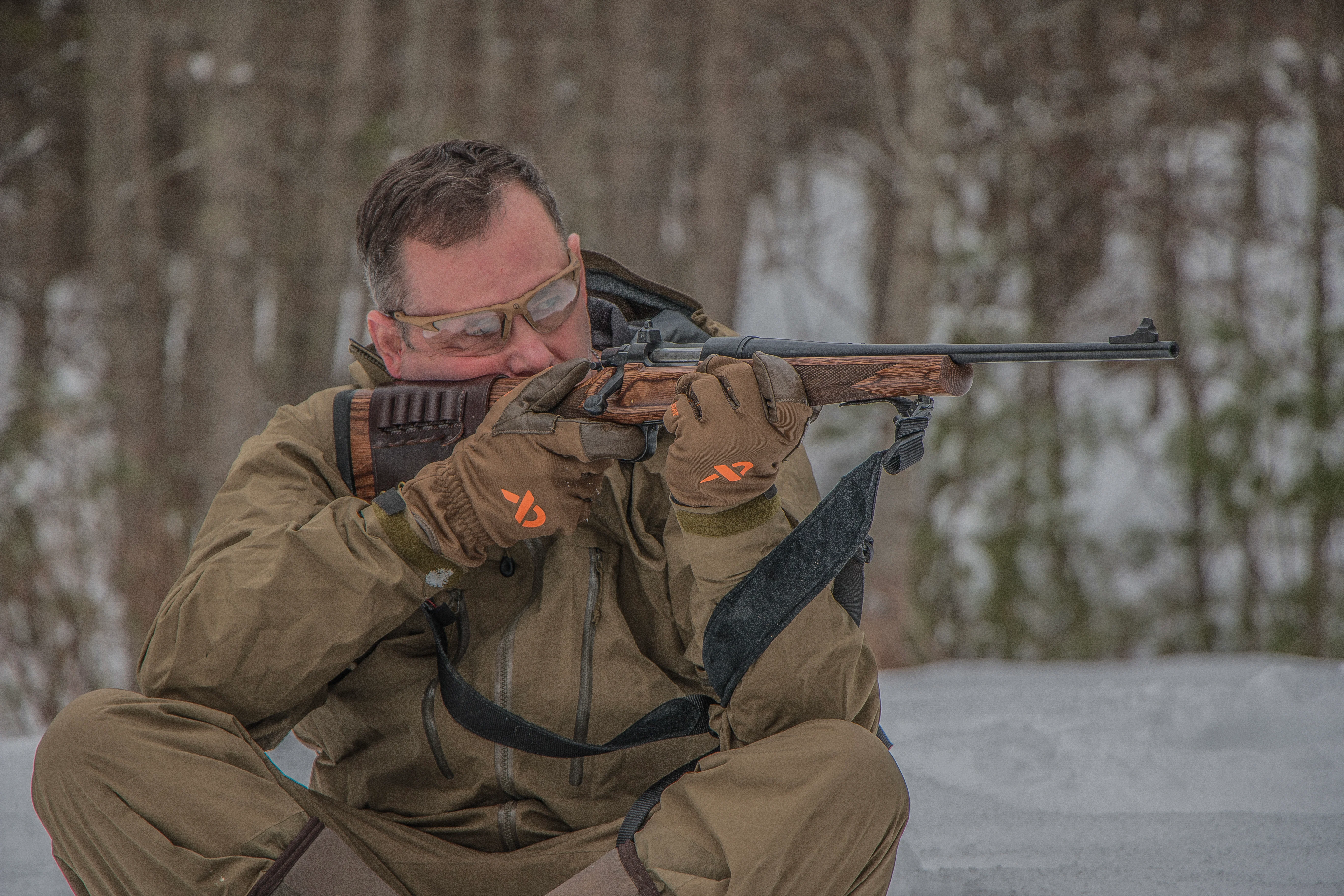
In his first book, Suggestions to a Military Rifleman (1906), gun writing legend and Field & Stream contributor Townsend Whelen (1877–1961) wrote what might be the first description of a rifle sling used as shooting aid. One of the first shooting slings effectively used for that was the 1907 military rifle sling. This was a two-piece leather sling the shooter could adjust to provide tension and added support when shooting from field positions. My father served in Korea and used a 1907 sling on his Winchester Model 100 deer rifle afterwards. However, that sling and practice with it began to fade away with the introduction of the M16 rifle during the Vietnam War because the Army was not training soldiers to use it anymore.

In his book, The Art of the Rifle (1997), Gunsite Academy founder and former Marine Jeff Cooper (1920–2006), detailed the use of the shooting sling. Cooper wrote, “The function of the shooting sling is to take the weight off the muscles of your support arm, so that when you are in a proper firing position you can relax all your muscles and the weapon will remain exactly on target.”
Cooper championed a shooting sling he called the Ching Sling. The Ching Sling works similarly to the army’s 1907 sling, but it attaches to the rifle in three points as opposed to two. An even simpler version of the Ching Sling is the Rhodesian sling from Andy’s Leather, but it utilizes the traditional two-point attachment system. Galco Gunleather has a comparable two-point attachment loop sling they call the Safari Ching Sling.
With all of these shooting slings, you pass your support arm through a loop in the sling, and when you’re shooting from a field position and bracing your support arm elbow on your knee, you can apply serious stabilizing tension. This significantly steadies your shooting platform. Most shooting instructors estimate that when correctly adjusted and properly used, a shooting sling can improve accuracy by as much as 50 percent.
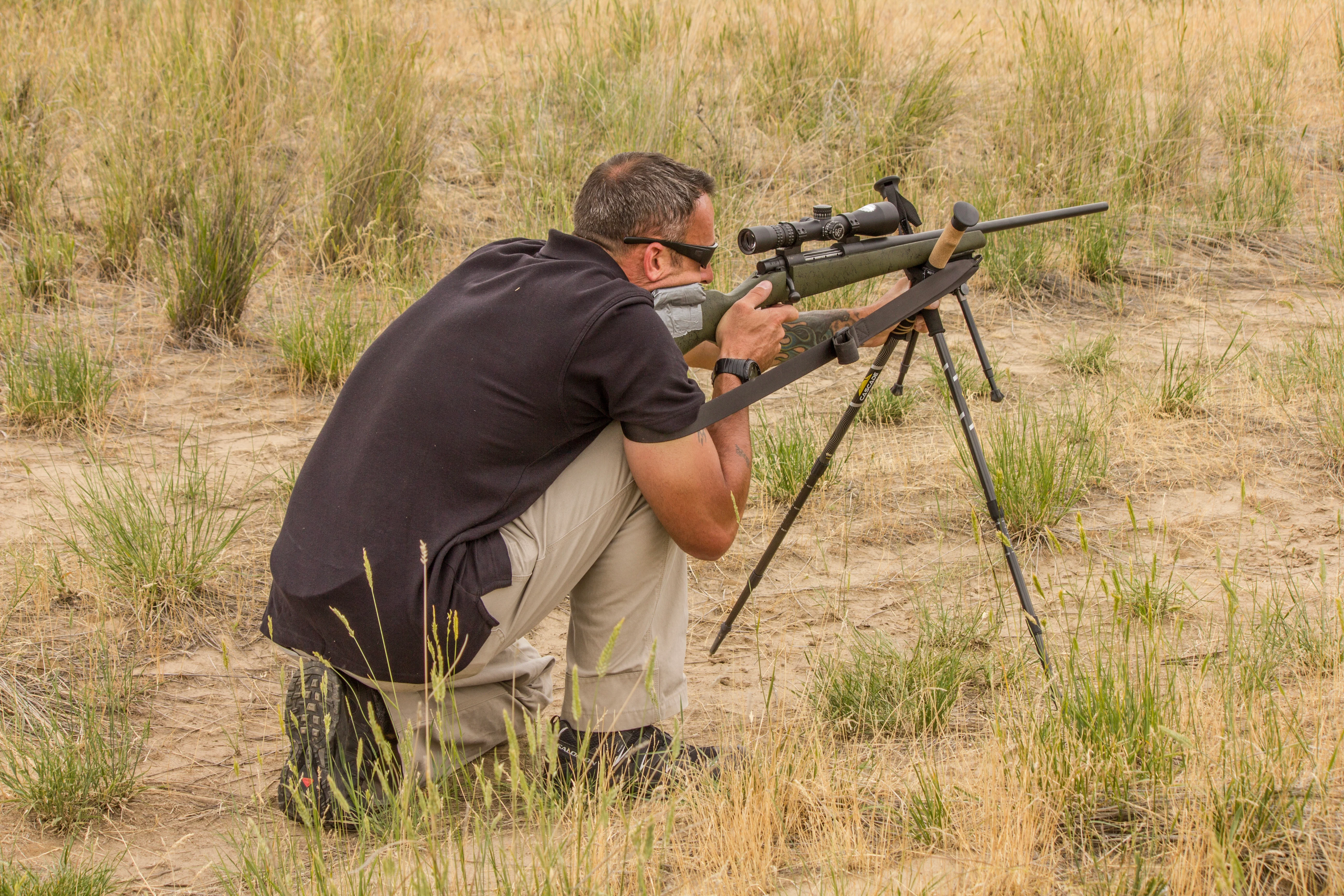
Another sling support technique is one I learned from former Marine sniper Caylen Wojcik of Modern Day Sniper. Though I’m not aware of any official name, I call it the “sniper technique.” The Magpul MS1 sling works perfectly for this technique as can a lot of other slings and even some carry straps, as long as they do not stretch and have a quick-adjust mechanism that doesn’t slip. With this technique, you slip the sling behind the tricep of your shooting arm and snug it tightly. It provides so much support you, can shoot a lightweight rifle reasonably well even without your support arm.
I worked with Galco Gunleather to develop what they call the RifleMann sling. It offers a loop for the support arm, can be configured as a three-point sling, but you can adjust it to work with the sniper technique too. In addition to shooting support, it also works great as a carry strap. I wish I’d worked out a commission with Galco for that sling. Instead, I agreed to slings for life. It seemed like a good deal at the time, but it also seems like every time I ask for one, they’re sold out.
What’s the Best Strap or Sling for You?

The conditions you hunt in and the way you hunt will determine the best strap or sling for you. If you place the most importance on comfortable rifle transport, then you should get a good carry strap. For those who most often hunt from a shoot house or blind, or often shoot with a bipod, a carry strap might the best option. A shooting sling is the better choice for those who spend most of their time hunting from their feet, and who also most often shoot from field positions. For those hunters, a shooting sling can help them shoot more accurately.
Field & Stream editor at large Mathew Every recently conducted a test of some of the best carry straps and shooting slings, and it’s a good place to start your search. If you decide a shooting sling is right for you, you’ll also need to learn how to use it and you’ll need to include its use in your regular practice sessions.

